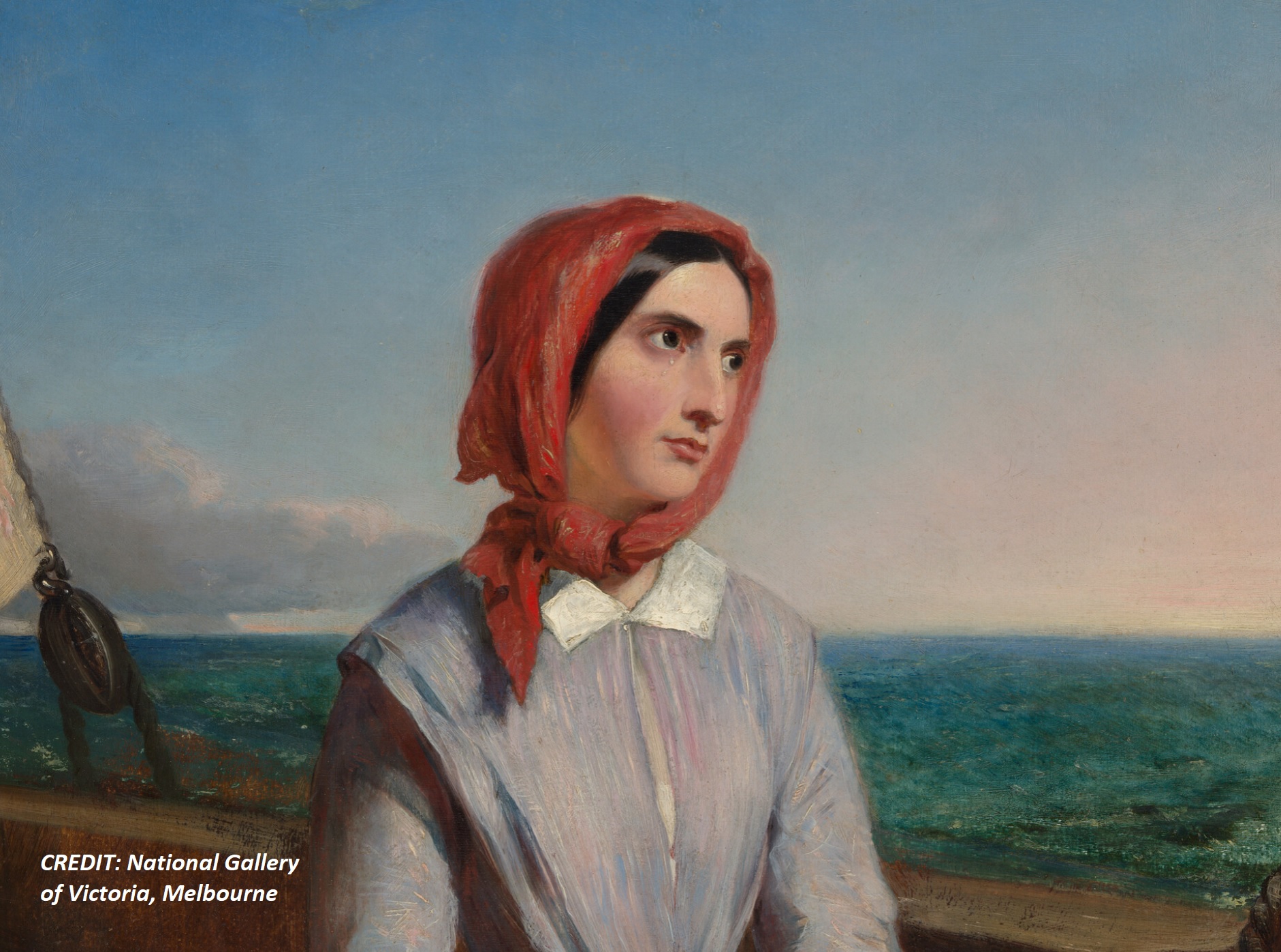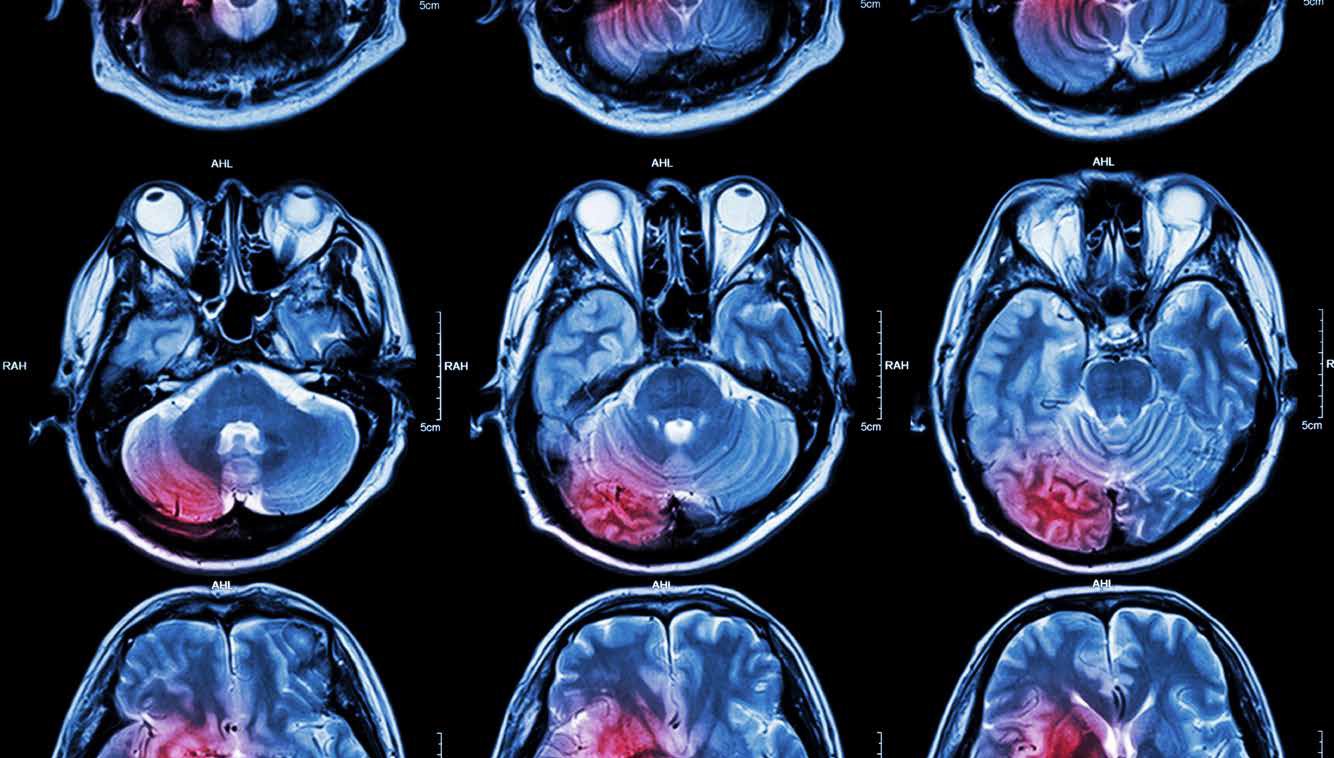Social and Behavioural
Explore Social and Behavioural

Professor Ann Nevile | What Evidence Do Policymakers Need to Make Robust Decisions?
Policy decisions are influenced by many factors, from the ideology of the policymaker and their advisors to political expediency. Most would also agree that key political decisions should be evidence-based. However, this is easier said than done. Understanding what evidence policymakers need, and how they should evaluate this, is key for more robust decision-making.

Dr Abayomi Sanusi | Can Faith Institutions Encourage People to Maintain Healthy Blood Pressure?
High blood pressure, also known as hypertension, is a common and potentially dangerous condition that increases the risk of many severe medical issues, including heart disease, heart attack, stroke, heart failure, and kidney disease. Dr Abayomi Sanusi, a researcher at the University of York, recently carried out a study exploring how faith-based institutions could encourage their community members to adopt healthy behaviours that can reduce hypertension.

Dr Eva Straus | Exploring the Professional Lives of Remote Workers During the COVID-19 Pandemic
During the COVID-19 pandemic, many people across the globe changed the way they worked, to comply with social distancing measures. Many people worked from home, and attended meetings virtually using videoconferencing platforms. Dr Eva Straus, Dr Lars Uhlig, Professor Jana Kühnel, and Professor Christian Korunka at the University of Vienna recently carried out a diary-based study exploring the wellbeing, perceived productivity, and professional engagement of remote workers during the pandemic.

Ria Nishikawara | Exploring How to Improve Healthcare for Patients with Fibromyalgia
Fibromyalgia is a relatively common and yet poorly understood condition characterised by chronic diffuse pain and stiffness, chronic fatigue, poor sleep and cognitive difficulties. Ria Nishikawara at the University of British Columbia and her collaborators Dr Izabela Schultz, Dr Lee Butterfield, and John Murray, carried out a study exploring the unique healthcare experiences of patients diagnosed with fibromyalgia. Their aim was to determine what patients found most helpful and how the available services could be improved.

Dr David Mather | A Promising Approach to Prevent Children from Developing Dyslexia
Studies suggest that children who rely more on vision from their left eye could be more likely to develop dyslexia if they learn to write using pathways in the right brain hemisphere. Dr David Mather, a researcher at the University of Victoria, recently published a paper reviewing these findings. He outlines a proposed approach to teaching writing skills that could prevent these children from developing dyslexia. This approach involves teaching children to write when they are 7 or 8 years old, when the human brain is better at mapping and memorising entire words.

Multiverse of Madness: A Social-Ecological Tipping Point Analysis
Humans have driven dramatic environmental changes – most of which have a negative impact on us and other species. Today, we can only understand ecological systems by integrating the impacts of human activities, driven by our social systems. These social-ecological systems are dynamic, consisting of feedback loops and several interacting sub-systems – such as forests and agricultural production. The resilience of these systems is dependent on diversity – be it ecological or social. Beyond a certain point, a sub-system may cross a tipping point that changes the state of the whole system, potentially irreversibly, ushering in a new social-ecological state, which is typically less favourable than the former state. In recent research, an international team of experts has developed an advanced analytical framework to examine the tipping points within the social-ecological multiverse of the Southwestern Amazon.

Professor Nancy Rader | Teaching Infants New Words With ‘Show Gestures’
Before an infant can learn the link between a word and an object by following a pointing gesture, Professor Nancy Rader’s team has found that infants can learn this association through ‘show gestures’. Show gestures entail bringing an object towards the child and rotating it, while synchronizing the movements with speech. While the effect of show gestures decreases with age during childhood, Rader and her colleagues have found that non-verbal children on the autism spectrum are very sensitive to this information, performing as well in learning words as age-matched typically-developing children.

Axel Marx | Oliver Westerwinter – Understanding How the EU Interacts with Global Governance Institutions
The importance of the EU in global governance has been well researched. However, systematic analysis of the way it interacts with other international organisations has been side-lined. To address this gap, Axel Marx the University of Leuven and Oliver Westerwinter at the University of St. Gallen introduce a special issue of the Journal of European Integration. The research published in this issue explores how the EU interacts with different types of global governance institutions.

Dr Tony Ward | Why Do Many Migrants Retrace their Steps? Clues from 19th Century Australia
Migrants travel hopefully, dreaming of better lives. Some are successful, some less so. Many in both groups ultimately decide to return to their home country. Dr Tony Ward, a University of Melbourne historian, is himself a migrant, and descended from a family that returned from Australia. He sought out other stories of return migration from Australia to the UK in the 19th Century. His studies shed light on more general questions. How many migrants return? Which migrants are more likely to make the trip home? And why?

Professor Junhong Chu | Exploring Geographical Differences in Branding Across China
Past studies unveiled geographic associations in branding, with consumers in different locations preferentially purchasing goods from specific countries or regions. Professor Junhong Chu at Hong Kong University and the National University of Singapore recently carried out a study exploring inequalities and geographical differences in the patterns of trade between different Chinese provinces. Her findings highlight different factors that can contribute to these observed geographic branding asymmetries, including distance, home-biases, migration, ethnicity, and cultural similarities.

Dr Cynthia K. Thompson | Innovation in Promoting the Recovery of Language after Stroke
Stroke can impair a person’s ability to communicate, resulting in a disorder known as aphasia. To facilitate recovery, scientists must understand how language is processed normally as well as how a stroke may impact the language system in the brain. Dr Cynthia K. Thompson, Ralph and Jean Sundin Professor of Communication Science and Professor of Neurology at Northwestern University, has been researching normal and disordered language for over thirty years. Her focus is on understanding and supporting the recovery of language processes when the brain has been damaged.

Austina Lee | Gareth Dylan Smith – The Role of Love and Community in American Schools
Capitalism and neoliberalism inform the way in which children in the USA are schooled. Mainstream education prioritises standardisation and conformity, and may not help students develop a sense of themselves, or tools to create good relationships with others. In a recent paper, teachers Austina Lee and Gareth Dylan Smith explore how this can be challenged through ‘punk’ pedagogy. They use the case study of a high-school choir to demonstrate how their ideas can be put into practice.
Increase The Impact Of Your Research!
Explore partnership opportunities
Unwind without the hassle. Enjoy fresh audiobooks, delivered free!
